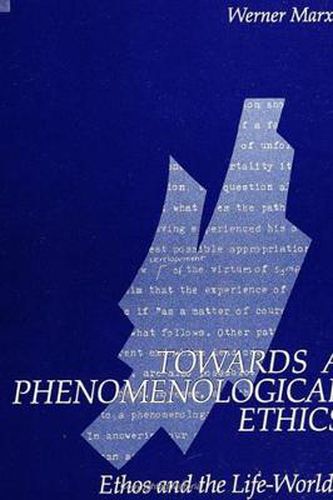Readings Newsletter
Become a Readings Member to make your shopping experience even easier.
Sign in or sign up for free!
You’re not far away from qualifying for FREE standard shipping within Australia
You’ve qualified for FREE standard shipping within Australia
The cart is loading…






The authors of this book question the assumptions of the psychometric paradigm that underlie virtually all criterion-referenced and standardized tests used in North American schools. They make a compelling case for a new science of educational testing and assessment, one that shifts decision making from central administration to individual schools and communities. Harold Berlak argues that the concept of tests as scientific instruments validated by technical experts is anachronistic and self-contradictory. He makes a case for a contextual paradigm, an approach which assumes that consensus on educational goals and national testing programs is neither possible nor desireable. Assessment practices in a democratic society must acknowledge and affirm differences in values, beliefs, and material interests among individuals and groups over the purposes and practices of schooling.
$9.00 standard shipping within Australia
FREE standard shipping within Australia for orders over $100.00
Express & International shipping calculated at checkout
The authors of this book question the assumptions of the psychometric paradigm that underlie virtually all criterion-referenced and standardized tests used in North American schools. They make a compelling case for a new science of educational testing and assessment, one that shifts decision making from central administration to individual schools and communities. Harold Berlak argues that the concept of tests as scientific instruments validated by technical experts is anachronistic and self-contradictory. He makes a case for a contextual paradigm, an approach which assumes that consensus on educational goals and national testing programs is neither possible nor desireable. Assessment practices in a democratic society must acknowledge and affirm differences in values, beliefs, and material interests among individuals and groups over the purposes and practices of schooling.